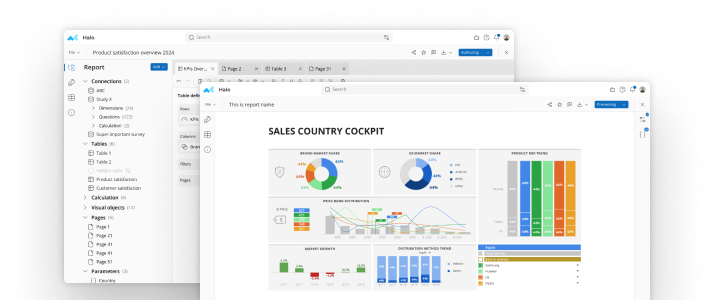While you may expect various elements in a company to change, the integrity of your research data should not be one of them. A research data warehouse maintains data and enables businesses to share data with consistency and control data.As a central repository for all the research data a company has purchased and collected over the years, a research data warehouse maintains data in the face of two common changes today’s businesses face. One is a relatively frequent change in third-party vendors that provide data and support services. The other is employee turnover, or workers leaving to pursue different opportunities.Changes in Vendors Changing third-party vendors can happen for different reasons. Companies may switch vendors when they require new or different services existing vendors cannot provide. When a new vendor comes on board and requires access to company research data, a research data warehouse ensures that data is shared with the vendor in a controlled way and that the vendor only gets access to data that’s relevant to their needs.A data warehouse allows administrators to set data permissions for each user or group both inside and outside the company.Vendor changes can also come about when companies regularly bid out research projects to different market research agencies every few years in order to secure the most affordable rates. While this can result in significant cost savings, it can also result in confusion and data inconsistencies due to variations in data formats.A research data warehouse maintains data and solves this issue by requiring all research data be coded and stored in a consistent format, regardless of its original vendor or source. This allows companies to continue to maintain and use existing data while seamlessly performing immediate analysis on any new data coming in from a new vendor.Changes in EmployeesCertain company employees may also be prone to moving on, especially with the average millennial changing jobs four times in the decade after graduating from college (read more here). Every time a company researcher leaves the job, everything they know about the company’s internal workings and research data leaves with them.This could be an issue if a researcher owned and analyzed data stored in a database that remaining employees could not access, but it’s not an issue with a data warehouse. A centralized data warehouse ensures all authorized employees have access to the research and insights stored within it, even if the original data owner or researcher is no longer with the company.While vendors and employees may come and go, a data warehouse ensures your research data’s continuity and integrity remain. Regardless of who is providing the data, accessing the data or analyzing the data, a research data warehouse maintains data and allows users to disseminate and share insights with ease.Learn how a data warehouse increases research ROI here

See mTab Halo in Action
Make smarter decisions faster with the world's #1 Insight Management System.




